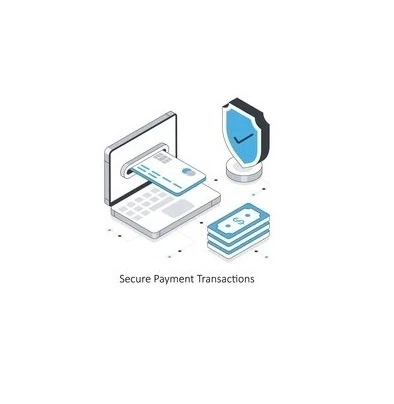In today’s fast-evolving digital economy, offering streamlined and secure payment solutions has become essential for businesses of all sizes. With increasing demand for online transactions, the role of payment aggregators has become critical. Payment aggregators, also known as third-party payment processors, enable businesses to accept payments from multiple channels, including credit cards, digital wallets, and online banking, through a single interface. However, to operate legally in many regions, payment aggregators are required to secure a payment aggregator license from the government.
Obtaining a payment aggregator license can be a complex, multi-step process that requires careful planning and a thorough understanding of regulatory standards. This is where professional consulting and support services play a crucial role. A trusted consulting partner helps streamline the licensing process, ensuring compliance with regulatory requirements, and positions companies for long-term success in the financial ecosystem.
What is a Payment Aggregator License?
A payment aggregator license is a regulatory approval granted by the government or a designated financial authority to companies that facilitate transactions between merchants and customers. This license is necessary to ensure that payment aggregators follow strict standards for data security, financial transparency, and consumer protection.
For example, in countries like India, obtaining a payment aggregator license from the Reserve Bank of India (RBI) is mandatory. Similar regulations apply in many other countries to control and oversee companies involved in processing online payments. Without this license, a payment aggregator cannot legally operate, putting the company and its partners at risk of regulatory penalties.
Why Payment Aggregators Need a License
With the rise of online transactions, the volume of sensitive financial data being processed has skyrocketed. Governments worldwide have enacted strict regulatory frameworks to mitigate risks associated with fraud, money laundering, and data breaches. A payment aggregator license serves as a seal of approval, signifying that the aggregator meets all necessary compliance requirements and follows best practices in data security.
Obtaining this license not only helps a company maintain legal compliance but also boosts credibility. Merchants and customers alike prefer working with licensed aggregators who adhere to stringent security standards, reducing the risk of data breaches and fraud.
The Role of Consulting Services in Securing a Payment Aggregator License
Navigating the licensing process involves multiple steps, including documentation, compliance audits, and financial disclosures. Many companies find it challenging to meet these complex requirements on their own, which is why consulting services are essential. A consulting partner with expertise in payment aggregation compliance provides guidance, helping businesses submit accurate documentation, conduct internal audits, and prepare for regulatory inspections.
Experienced consultants can support companies by:
- Assessing current compliance status and identifying gaps
- Preparing and organizing required documentation
- Conducting mock audits and risk assessments
- Providing guidance on data security measures and AML (Anti-Money Laundering) policies
- Ensuring adherence to PCI DSS standards and other regulatory frameworks
Benefits of Professional Support for License Acquisition
Engaging a professional consulting service to secure a payment aggregator license can save time and resources, allowing companies to focus on their core business functions. It also provides assurance that the company meets all required standards for operating in the highly-regulated financial sector. With the right consulting support, companies can enhance their credibility, minimize legal risks, and strengthen partnerships with financial institutions and merchants.
In conclusion, obtaining a payment aggregator license is a critical step for any company looking to thrive in the digital payments industry. As regulatory scrutiny intensifies, compliance becomes a competitive advantage. By partnering with a reputable consulting service, payment aggregators can streamline the licensing process, ensure compliance, and achieve sustainable growth in the digital economy.



